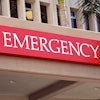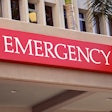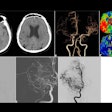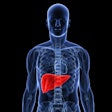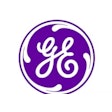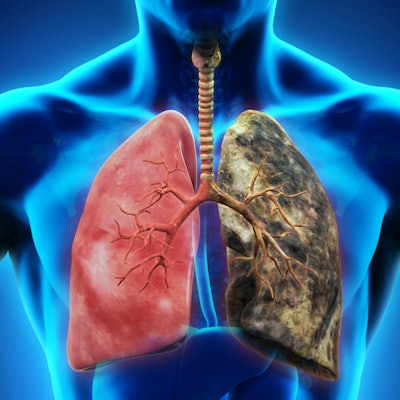
The U.S. Preventive Services Task Force's (USPSTF) 2021 guidance for lung cancer screening with low-dose CT has improved screening eligibility, particularly among Black Americans, according to a research letter published June 15 in JAMA Network Open.
The findings are good news when it comes to mitigating what has been a long-standing healthcare disparity, according to a team led by Christine Shusted of Thomas Jefferson University in Philadelphia. Historically, Black Americans have tended to present with later-stage lung cancer at younger ages than their counterparts of other races.
"The increase [we found] in the proportion of African Americans screened is encouraging as published data indicates that African Americans, specifically, will have a greater benefit, as defined as more lives saved from lung cancer screening," Shusted said in a statement released by the university.
In 2013, the U.S. Preventive Services Task Force (USPSTF) issued lung cancer screening guidance that recommended screening for individuals between the ages of 55 and 79 with a smoking history of 30 or more pack years. But critics pointed out that this guidance didn't serve Black Americans, who have often been diagnosed with more advanced disease at younger ages. Last year, the task force released an updated recommendation that lowered the screening starting age to 50 and smoking history to 20 pack years in hopes that expanding the eligibility pool would mitigate the disparity.
Whether the new recommendation has been successful in this regard continues to be debated. To address the question, Shusted and colleagues analyzed data from a group of 815 people who underwent lung cancer screening between March and December 2021. The investigators tracked which of these individuals would have been eligible for screening according to the USPSTF's 2013 guidance (654, or 80.2%) and those who were newly eligible according to the 2021 recommendation (161, or 19.8%) and compared the proportion of Black Americans in each group.
The team found that the new guidance did in fact have a positive effect in expanding lung cancer screening eligibility among Black Americans: In 2013, 39% of people eligible for lung cancer screening were Black, while 54% were eligible in 2021 -- an increase of 15 percentage points.
Expanding lung cancer screening eligibility helps, but there are more actions that need to be taken to truly make screening accessible, lead author Dr. Julie Barta said in the statement.
"While it is encouraging to see a larger cohort of African American patients getting screened thanks to the new guidelines, we are well aware that changing guidelines is only a first step to improving screening uptake and reducing cancer disparities," she said. "For many, significant barriers persist long before a patient ever enters the exam room, such as lack of transportation, limited clinic hours, as well as attitudes and beliefs surrounding health care and smoking."


